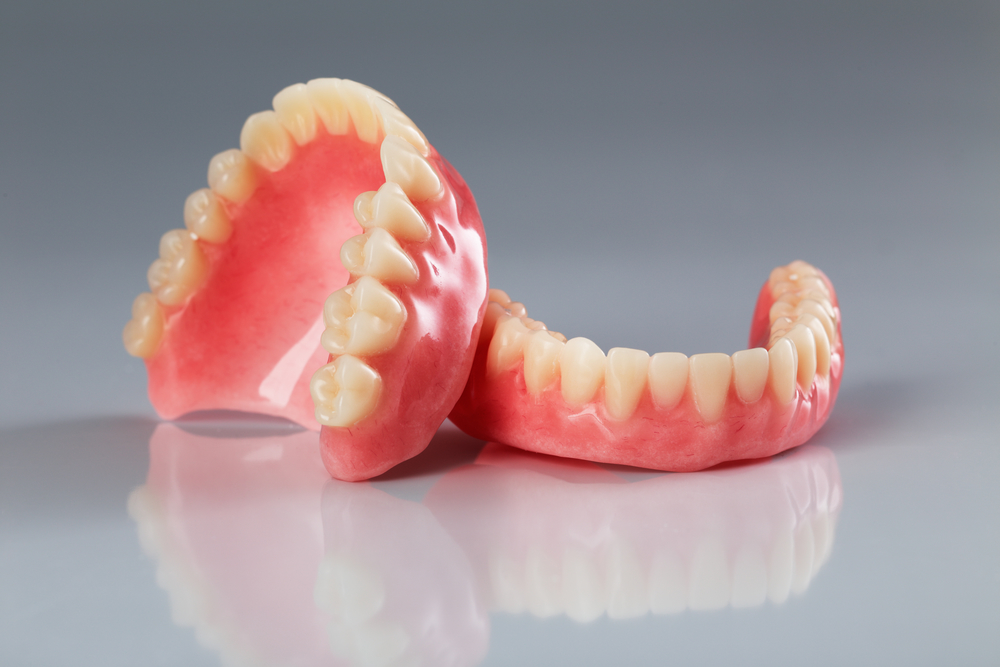
Getting the Most Out of Your Oral Hygiene Regimen
January 12, 2018
Is it Time to Think About Dentures?
January 26, 2018If you experience severe dental pain, the worst thing you can do is ignore it. An abscess is a critical oral health situation, and may be caused by severe decay or periodontal disease. Since abscesses are bacterial infections, it’s important to know the symptoms and warning signs, so you can seek treatment before the infection spreads to other parts of the body.
There was a news story last year about a California man who died when an infection spread from his tooth to his lung in a short period of time. The man was a truck driver in his 20s and was in otherwise good health. This type of oral infection is no joke; it can kill you, if neglected too long. Learn to recognize the symptoms and see Dr. Abbey Lee regularly for check-ups to protect your oral health.
If you are overdue for a dental visit, call Smiles 4 Grant Park at 404-328-7177 to make an appointment with Atlanta dentist Dr. Abbey Lee. She will assess your oral health and administer preventive treatments to keep your teeth and gums in good working order.
One of the dangers of dental infections is that they can start out small, but progress over a period of months—or even years. You may not realize the infection is present until you are in excruciating pain. If you know the signs, however, you may be able to seek treatment before the condition becomes serious.
The good news is that if you are already seeing a dentist regularly for six-month visits, you are not as likely to develop an abscess. Why? Because with regular visits, tooth decay and gum disease are routinely spotted and treated before they advance to the point of infection.
Symptoms of an Abscess
An abscess is a pocket of bacteria that forms in or just outside a tooth. An abscess is your body’s way to create a barrier around the infection, to contain it and prevent it from spreading. The abscess will swell up and create pus, and becomes extremely painful if not drained. Sometimes a tunnel forms on the inside of your mouth or cheek to allow the pus to drain. This tunnel is called a fistula or sinus tract. It may feel like a pimple inside your mouth, and may cause you to have an unusual, salty taste in your mouth.
Typically, symptoms of a dental abscess may include:
- pain when you bite down
- severe toothache, which may be throbbing or constant
- pain that radiates into the jaw or neck
- swelling of the face or cheek
- fever
- sensitivity to extreme temperatures
- swollen glands in the neck or under the jaw
- leakage of pus in the mouth, causing an unpleasant taste and smell
An abscess may stop hurting when the pus has drained out of it, but that does not mean it is healed. The bacterial infection remains, and is still capable of spreading. If you experience pain that fits the symptoms above, see Dr. Lee promptly even if you have no toothache at the moment. You will need thorough treatment to prevent the infection from spreading to other parts of your body.
Treatment for Dental Abscess
The standard treatment includes draining the abscess, cleaning it thoroughly, and taking antibiotics to kill the infection. If the abscess is caused by severe tooth decay, the tooth often requires root canal therapy. If the infection is severe, however, you may require an extraction.
Periodontal Abscess
Abscesses don’t just happen to teeth; they can also form in the gum tissue. If a patient suffers from gum disease, bacterial growth within a periodontal pocket can lead to an abscess. This happens most frequently with patients who have severe gum disease. An abscess in the gum tissue requires the same treatment as a dental abscess: draining, cleaning, and antibiotics.
If you have gum disease, periodontal deep cleanings are the best way to ensure an abscess doesn’t form in your gums. Patients with severe periodontal disease and recurrent abscesses are usually recommended to consider full mouth restoration, for greater comfort and safety.


